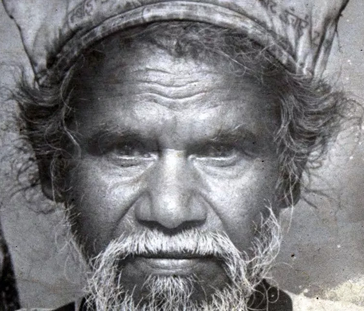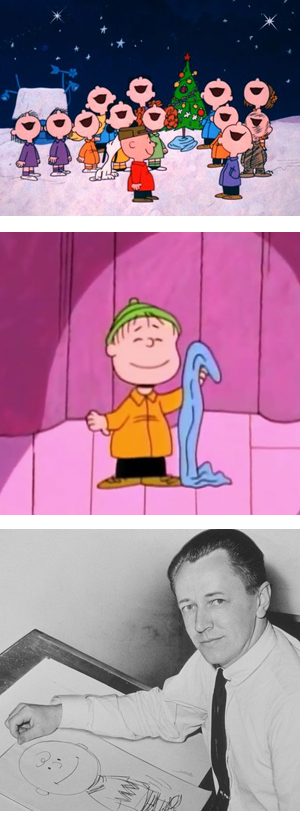Beginning Now
Some of our best ideas are still waiting for the right moment.
We call it preparation. It’s really procrastination. Eventually the due-diligence phase yields to the do-it-later phase. And another good idea gets covered in cobwebs.
Let’s remember what William Feather said:
“Conditions are never just right. People who delay action until all factors are favorable do nothing.”
There’s something to be said for beginning now and filling in the details as you go. It’s not that details aren’t important or that preparation isn’t necessary, but at some point you have to quit compiling data and start pursuing results.
Do you know what the problem is? There’s no failure to face in the preparation stage. There’s no disappointment to deal with in the dream-casting phase.
It’s only after the plan has been put into practice that you confront results that maybe don’t meet expectations. It’s easy to get nervous. It’s easier to plan just a little longer.
When Abraham was well past the age where most people consider slowing down, God told him, “Leave your country, your people, and your father’s household and go to the land I will show you.” (Genesis 12:1)
Abraham went, not having a plan in place, not knowing exactly what lay ahead, only that he was following the voice of God.
If there is something you know that you should do, maybe it’s time to do just what Abraham did: take the first few steps, even if all the questions haven’t been answered and all the problems aren’t solved in advance.
The results might not be immediate, and they might not be all that you hoped for. It might force you to make you make some difficult adjustments along the way. But it beats living your life forever in someday.
There’s something to be said for beginning now.





 In 1960, Dashrath Manjhi was a common laborer from Gelhour Hills in Bihar, India. His community was somewhat remote, with limited access to vital services, because traveling involved going around a three hundred foot mountain that stood between the towns.
In 1960, Dashrath Manjhi was a common laborer from Gelhour Hills in Bihar, India. His community was somewhat remote, with limited access to vital services, because traveling involved going around a three hundred foot mountain that stood between the towns.

 Last week, for the 54th consecutive year, A Charlie Brown Christmas was broadcast on a major network to a national audience. It’s still as good as it ever was.
Last week, for the 54th consecutive year, A Charlie Brown Christmas was broadcast on a major network to a national audience. It’s still as good as it ever was.